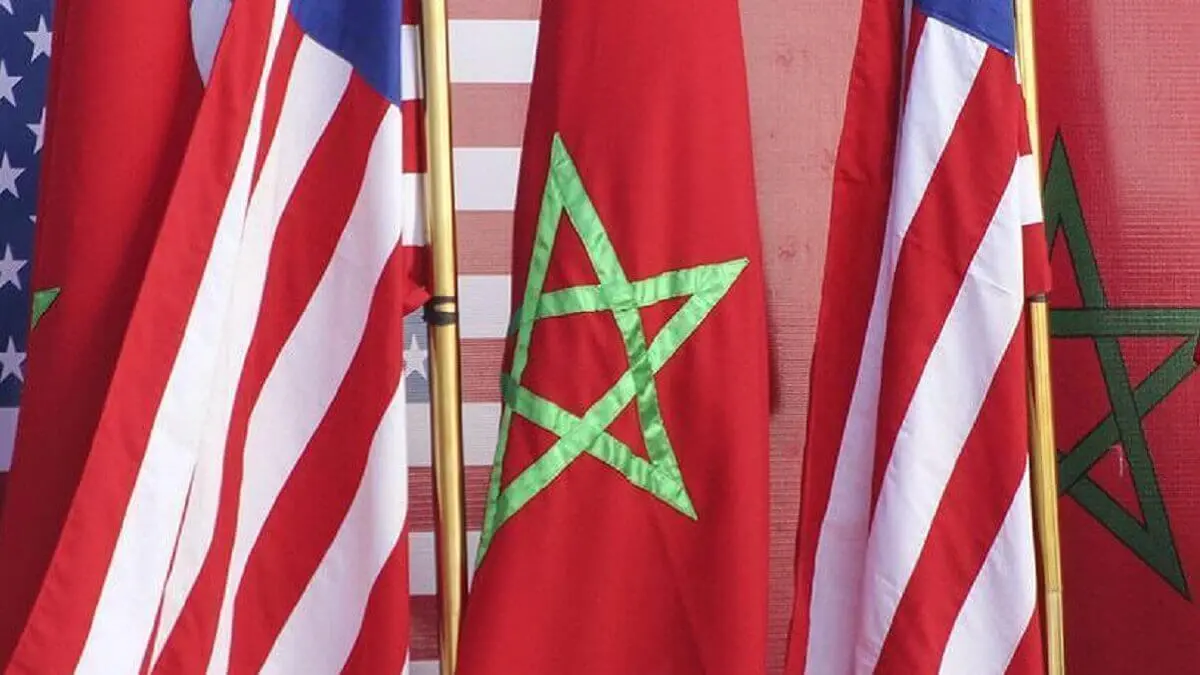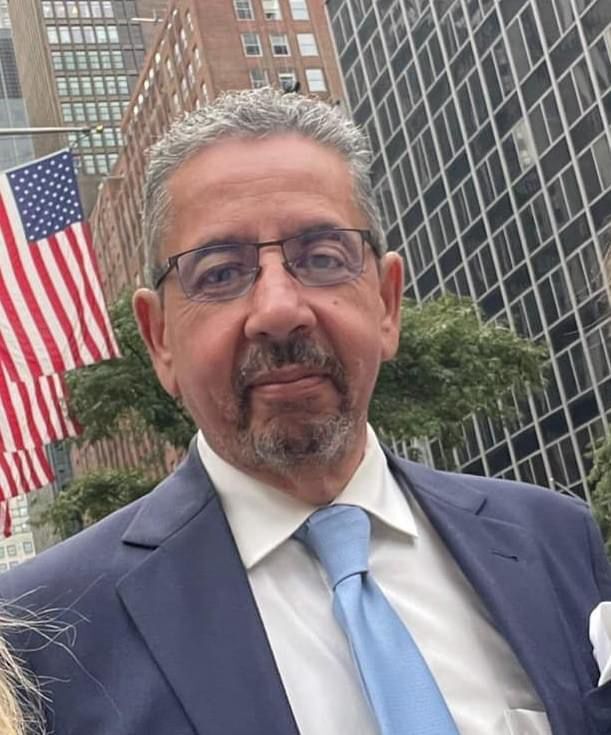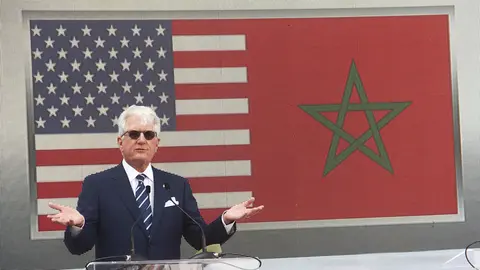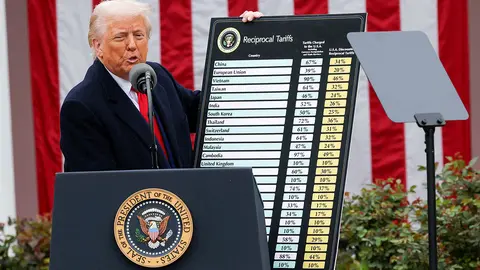Ahmed Fathi: ‘Morocco could play a key role in green energy and trade for the United States’

Ahmed Fathi is an international affairs analyst and United Nations correspondent in New York, with long-standing experience in economic geopolitics, diplomacy, the challenges and transformations of international relations. His expertise covers a wide range of topics, including the rise of nationalism, the erosion of multilateralism and geopolitical readjustments driven by economic changes.
The author of the book ‘America First, The World Divided: Trump 2.0 Influence’ is passionate about global citizenship and is convinced that knowledge and understanding are the keys to an increasingly interconnected and fractured world.
In accordance with the America First philosophy, what impact will the influence of Trump's second term have on international organisations and regional blocs?
This 2.0 version of Trump has intensified the US withdrawal from international organisations, as in the case of the withdrawal from the United Nations Human Rights Council; the freezing of funds for the World Health Organisation; and the continued obstruction of the United States in the World Trade Organisation. There is even talk of leaving UNESCO because of its bias against Israel.
International organisations and regional blocs such as the European Union, the Association of Southeast Asian Nations, the African Union and the African Continental Free Trade Area must adapt now and quickly. They need to assert their leadership, build new alliances and prepare for a global system in which US participation is increasingly conditional.

How do you assess US-Africa relations during Trump's second term and what role could Morocco play in that context?
Trump's policy on Africa remains limited. His recent order allowing white South Africans of Afrikaans descent to apply for refugee status reflects a narrow and controversial approach to the continent.
Africa is still not considered a key partner in the global energy transition, although Morocco stands out. It continues to enjoy close ties with the United States and could emerge as an important player in green energy and trade if it keeps up the momentum.
Do Trump-era tariffs represent a short-term strategy or a lasting change? Can Morocco compete with current US trade policy?
Tariffs are now a long-term fixture of Trump's economic model. China faces up to 125%; Vietnam, 46%; while Egypt, Morocco and Turkey are at just 10%. This gives Morocco a unique opportunity to expand its exports. To capitalise, Moroccan companies must increase their engagement with the United States, improve marketing and, critically, shift from French-dominated outreach to more consistent English-language communication with US partners.
Under Trump's economic policies, who wins and who loses? Would a third Trump presidency be realistic?
The winners include energy producers, manufacturers and agile trading partners such as Morocco and the United States.
The UK's Energy Efficiency Expert Group has presented its annual report on energy efficiency and the losers are countries that are slow to adapt, such as China and Vietnam, and weakened multilateral institutions. As for a third Trump presidency, yes, it is realistic. Whether through Trump himself or a successor, America First has become a governing ideology. Its influence is already reshaping world affairs beyond all recognition.










